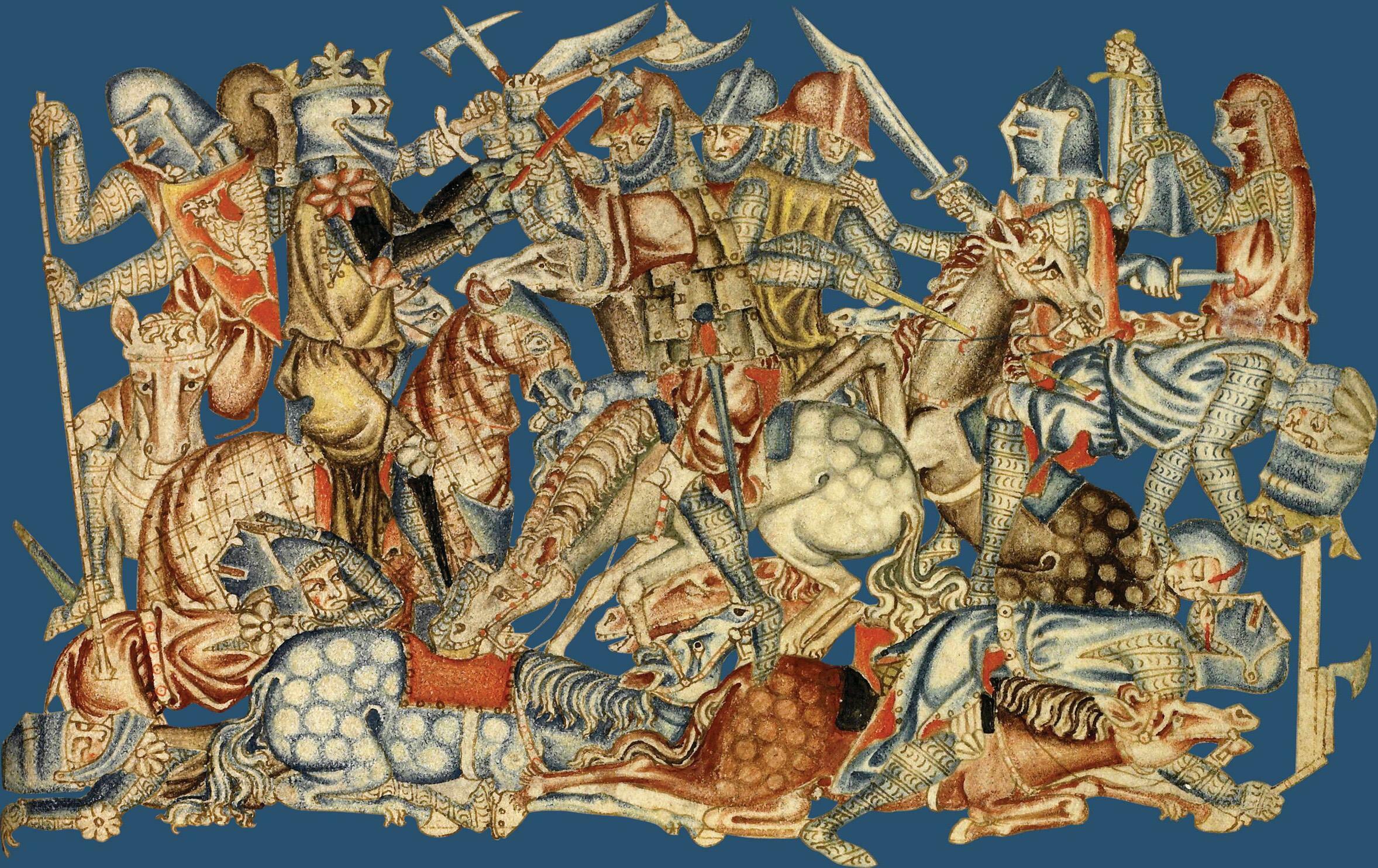
In June 1314 a great army rumbled forwards, parallel to the river Forth, following the old Roman road that led north across the war-ravaged Anglo-Scottish border. The king of England, Edward II, rode at the head of an army of around 18,000 infantry and 2,000 heavy cavalry horses. A baggage train allegedly 20 miles long groaned under the weight of arms, plate, food and wine and the administrative paraphernalia associated with the management of the crown, including England's Great Seal. The army was marching to relieve Stirling Castle, an English-held bastion 40 miles north-west of Edinburgh that was under siege by Edward Bruce, brother of the self-proclaimed king of the Scots, Robert.
Edward II was a king in a hurry. Should the Scots capture Stirling, he would lose access to the north of Scotland and with it, his grip on the land his father, Edward I, the self-styled 'Hammer of the Scots', had conquered at the outbreak of war in 1296. And so he had mustered an army in Berwickon-Tweed, the English administrative centre in the north, and marched in haste. The knight Sir Thomas Gray rode towards Stirling that day and 40 years later his son (also Sir Thomas Gray) would record his father's account of the battle in his book Scalacronica.
As the English marched north, Robert the Bruce prepared for combat. He allocated commanding roles to loyal soldiers such as James Douglas, otherwise known as Black Douglas (possibly for his black hair but most likely for the fact that he'd raided, torched and pillaged his way across the northern frontier). Together they trained 5,000-6,000 infantry to use spears as offensive weapons in 'schiltrons' - hedgehog formations of razor-sharp steel that would push forward into attack against oncoming cavalry. These became the greatest weapon of the Wars of Scottish Independence, a fighting machine that could destroy a cavalry army.
Bu hikaye BBC History UK dergisinin September 2023 sayısından alınmıştır.
Start your 7-day Magzter GOLD free trial to access thousands of curated premium stories, and 9,000+ magazines and newspapers.
Already a subscriber ? Giriş Yap
Bu hikaye BBC History UK dergisinin September 2023 sayısından alınmıştır.
Start your 7-day Magzter GOLD free trial to access thousands of curated premium stories, and 9,000+ magazines and newspapers.
Already a subscriber? Giriş Yap
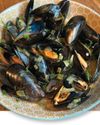
Viking mussels
ELEANOR BARNETT digs into archaeological research to recreate a Viking-cum-AngloSaxon seafood dish from medieval York
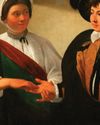
Fingers, frog's and fairies
Fortune telling was all the rage in the 16th and 17th centuries, and practitioners would stop at nothing to tap in to the supernatural. Martha McGill tells a story of Highland seers, tarot cards and encounters with the spirit world
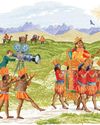
Nothing matches being with Alexander the Great on foot in the Hindu Kush
AT OUR LITTLE FILM COMPANY, MAYA VISION, we recently took the decision to digitise all of the rushes of our key films so that we could dispose of hundreds of boxes of tapes that had been kept in storage, throwing out stuff we thought we would never need again.

Library of the dead
Highgate Cemetery, created as a fashionable resting place for wealthy Victorian dead, is a veritable who's who of London's great and good. PETER ROSS roams the avenues of this most atmospheric necropolis
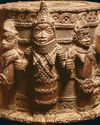
Slavery, exploitation and racism. These tragedies have long dominated histories of Africa. But there's another way to tell this story. And it's one that puts Africans right at the centre of their continent's extraordinarily rich and vibrant past
An 1414, in the Chinese city of Nanjing, a giraffe caused a stir. Amid a crowd of shocked, noble spectators, an official, leading the creature via a rope tied round its face, presented it to China's Yongle emperor. His officials said it was a qilin - an auspicious unicorn - which his sage governance had made appear.
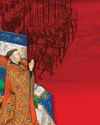
England's forgotten hero
When the Hundred Years' War was reaching a climax, one man was fighting tenaciously to secure the English claim to the French crown. So why, asks Joanna Arman, is Henry V's formidable brother, John, Duke of Bedford, not better known?
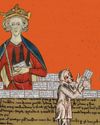
HENRY III AND THE MAGNA CARTA THAT MATTERED
King John's sealing of a charter at Runnymede in 1215 is one of the most feted moments of the Middle Ages. Yet, writes David Carpenter, it was the charter issued by his son 10 years later that became fundamental to England's history
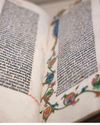
Gutenberg publishes a pioneering new book
‘The printing press triggers an information revolution
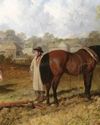
How empire ruptured rural Britain
We know that enslaved Africans and their descendants suffered in the distant colonies of empire. But, as Corinne Fowler explains, the colonial system also had dire impacts on people in the countryside of the 'motherland'
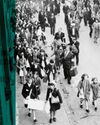
"I FELT VERY ALONE IN A WORLD GONE HORRIBLY MAD"
It was a moment of possibilities, dislocation and dread. Dan Todman tells the story of the 1.5 million urban Britons evacuated to the countryside at the start of the Second World War